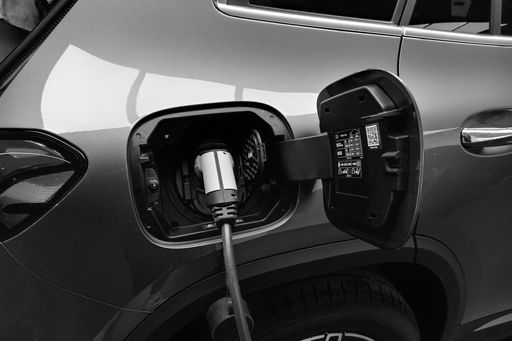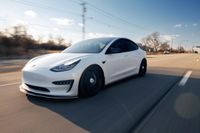Tesla Cuts EV Prices in China More Than BYD for Flagship Han Sedan
Analysis shows that Tesla has lowered the prices of its electric cars in China more than BYD did for its flagship Han sedan this year.

Tesla Reduces Price of Model 3 and Model Y in China
According to analysis from U.S.-based firm JL Warren Capital, Tesla has cut prices for its electric cars in China more than BYD did for its flagship Han sedan. The price of Tesla's Model 3 decreased by 6% compared to December last year, while the price of Model Y dropped by 11% during the same period. On the other hand, BYD's Han only saw a 5% price decrease.
The Han, which is BYD's premium electric sedan, is priced in a similar range as Tesla's cars, above 200,000 yuan ($28,000). However, most of BYD's other cars are significantly cheaper.
The report also highlights that BYD increased its sales promotions throughout the year, offering double-digit discounts on some mass market models. This is a common strategy used by original equipment manufacturers to boost sales. HSBC analysts point out that Chinese consumers are less concerned about residual values compared to consumers in the EU or the US.
Competition in China's Electric Vehicle Market
High-end electric car startup Nio has also reduced prices this year, despite initially trying to avoid getting caught up in an industry price war. However, the Chinese market is known for its severe price competition due to the lack of emphasis on residual values in consumer purchase decisions.
Government support has contributed to the rapid growth of new energy vehicles, including battery and hybrid-powered cars, in China. Penetration of these vehicles has exceeded one-third of new passenger cars sold in the country. Analysts predict that the penetration rate will reach 40% next year, while electric car sales are expected to grow by 20%.
Industry experts warn that with the industry's largest automakers having overly ambitious sales growth goals, competition in China is set to intensify. This could lead to a potential waste of resources as the market becomes flooded with outdated models due to shorter car development cycles.


